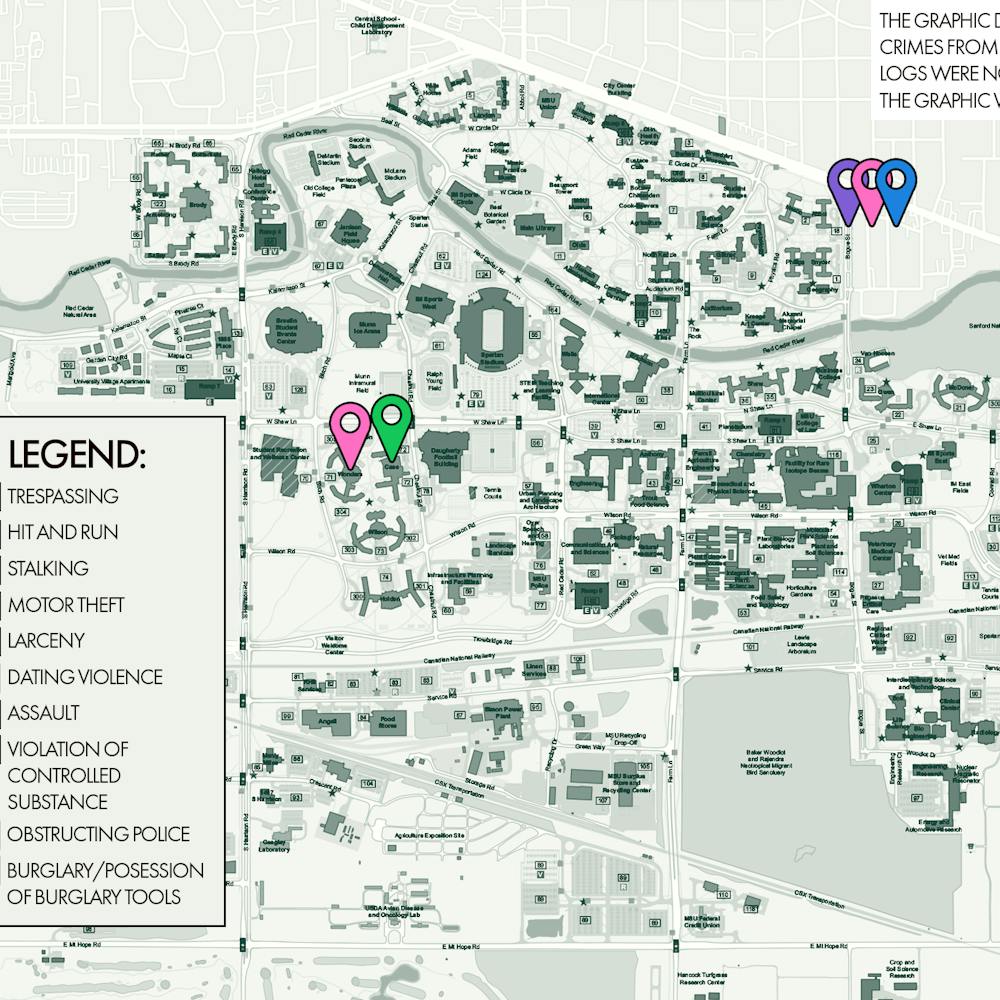Napster should not have bedded down with the recording industry.
Last week Napster joined up with Bertelsmann AG, a multimedia conglomerate and the parent company of BMG Music, to turn its Internet music-sharing site into a paid subscription service. The site will still offer free music to its 38 million users, but will charge a small fee - likely $4.95 per month - for unlimited access to copyrighted material.
Four dollars and 95 cents may be a small fee, but it completely goes against Napster’s real purpose - free music.
The deal came after months of legal battling with record companies who claim Napster violates copyright laws. Napster is currently involved in lawsuits with Bertelsmann and four other major record labels. Bertelsmann plans to drop the suit after Napster’s redesign.
The file-sharing service was obviously allowing users to break the law by providing them the ability to download copyrighted material for free. The lawsuits were inevitable, and Napster has to face the illegality of this part of its service.
But Napster could have modified its service without giving in and uniting with an industry that considers Napster competition. Napster could regulate itself by monitoring its content without giving in to the recording industry.
Napster should have stopped offering copyrighted materials, but continued offering music by new artists for whom the service is an effective way to distribute their music. Napster is the only major source of competition for the recording industry, and Napster should have continued to provide a way for people to hear the music of artists not signed to a major record label.
Some artists actually support Napster, and agree with allowing the masses to experience their music for free. Instead of entering into a deal with Bertelsmann, Napster could have limited its offerings to music willingly submitted by the artist.
Opponents of the file-sharing service claim Napster distributes music that is for artists to sell, and removes financial incentives for artists to create. But only a small portion of the money consumers spend on a CD actually goes to the artist. Most goes to the middle man - record labels that determine what the public hears.
Napster could have potentially been a way for artists to start to distribute their music themselves and eliminate the need for record labels, but Napster’s recent join-up continues the recording industry’s monopoly.
Napster has many users, many of whom will not be pleased to find they now have to pay for a service that was formerly free. Many will likely turn to other comparable programs such as Scour, Gnutella and Audio Galaxy.
Also, the millions of users who have downloaded free music since Napster’s birth more than a year ago should not face any criminal punishment. The technology was still being pioneered, and clear ground rules had not been established. Many of the users were unaware they were violating copyright laws when they first logged onto the site.
While the deal may greatly benefit the existence of Napster and the music industry’s pocketbook, it is a slap in the face of the many users who have logged on to sample free music.






